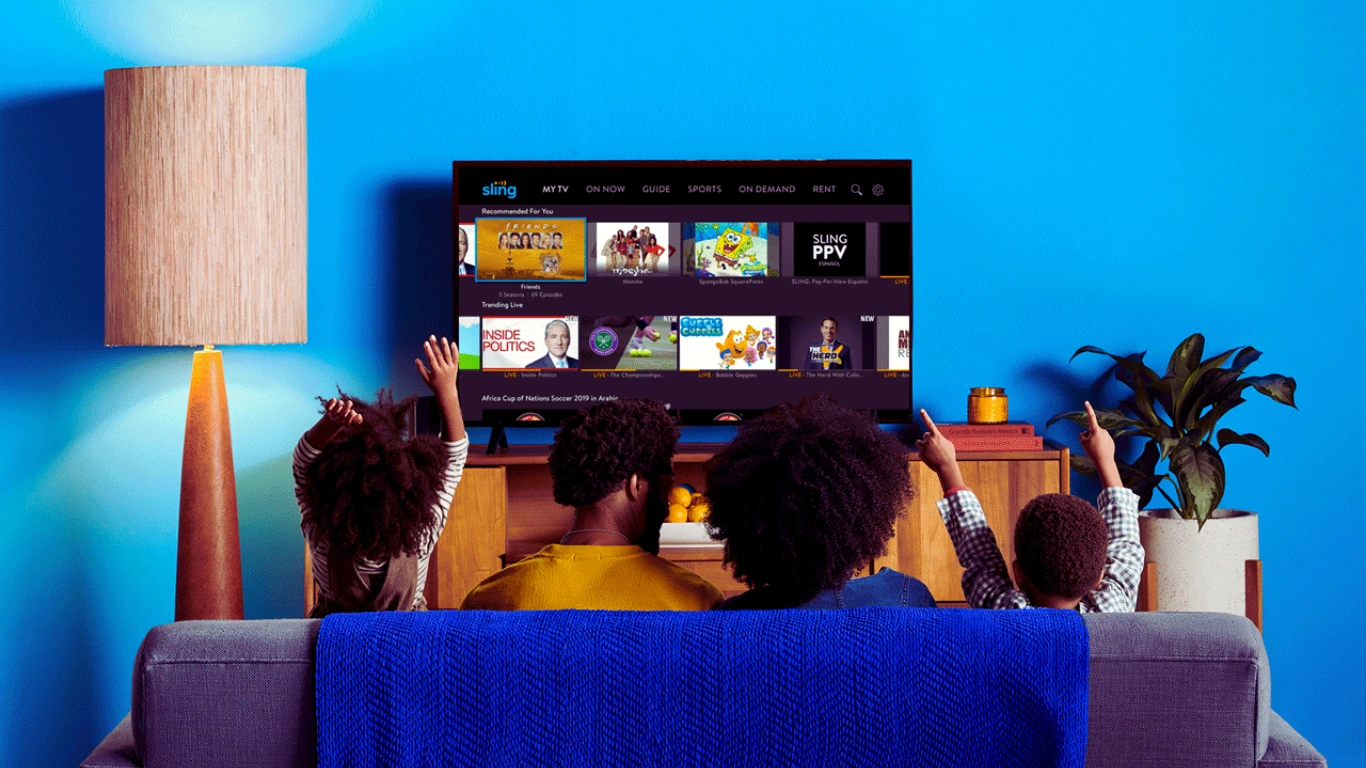StreamEast Frequently Asked Questions
What is StreamEast and what sports can I watch?
StreamEast is a premium sports streaming platform that provides live HD broadcasts of major sporting events. On StreamEast, you can watch NBA basketball, NFL football, NHL hockey, MLB baseball, UFC and MMA fights, boxing matches, and international soccer including Premier League, Champions League, La Liga, Serie A, and World Cup tournaments. StreamEast covers both regular season games and championship events with consistent HD quality.
How does StreamEast maintain HD quality during popular games?
StreamEast utilizes enterprise-level streaming infrastructure with advanced load balancing technology. Our adaptive streaming automatically adjusts video quality based on your connection speed, ensuring smooth HD playback even during high-traffic events like Super Bowl, NBA Finals, or World Cup matches. StreamEast's robust server network was specifically designed to handle millions of concurrent viewers without quality degradation.
Can I watch StreamEast on my mobile device?
Yes, StreamEast is fully optimized for mobile viewing. You can stream sports on StreamEast using smartphones, tablets, desktop computers, laptops, and smart TVs. Our responsive platform automatically adapts to your screen size, providing optimal viewing experiences whether you're at home or on the go. StreamEast works seamlessly across iOS and Android devices.
Does StreamEast cover international soccer tournaments?
Absolutely. StreamEast provides extensive international soccer coverage including FIFA World Cup, UEFA Champions League, UEFA Europa League, UEFA Conference League, Copa America, African Cup of Nations, and other major continental competitions. Additionally, StreamEast streams top domestic leagues like English Premier League, Spanish La Liga, Italian Serie A, French Ligue1 and German Bundesliga. Our soccer coverage spans the entire globe.
How do I start watching sports on StreamEast?
Accessing live sports on StreamEast is straightforward. Visit the StreamEast platform during scheduled game times, browse available matches organized by sport or league, then select your preferred broadcast. StreamEast's interface prominently displays upcoming matches with comprehensive scheduling details to help you plan your viewing. No complicated setup required—just click and watch.
What makes StreamEast different from other streaming platforms?
StreamEast distinguishes itself through superior HD streaming quality, comprehensive sports coverage, reliable infrastructure, and fan-focused design. We've invested significantly in technology that manages peak traffic smoothly while maintaining broadcast excellence. StreamEast combines extensive league coverage spanning NBA, NFL, NHL, MLB, UFC, and soccer with intuitive navigation that makes finding games effortless. Our commitment to quality and reliability sets StreamEast apart from competitors.
Is StreamEast optimized for different internet speeds?
Yes, StreamEast features adaptive streaming technology that automatically adjusts video quality to match your internet connection speed. Whether you're on high-speed fiber broadband or mobile cellular networks, StreamEast optimizes playback for smooth viewing without constant buffering. Our technology ensures the best possible quality for your specific connection.
Does StreamEast require any software downloads?
No downloads required. StreamEast works directly through your web browser, making it easy to start streaming sports instantly. Simply visit StreamEast during live game times and select your preferred match to begin watching. Our browser-based platform eliminates installation hassles while providing full streaming functionality across all devices.
Can I watch multiple games simultaneously on StreamEast?
StreamEast's interface allows you to track multiple games through our live scores and statistics features. While streaming one game on StreamEast, you can monitor scores from other concurrent matches, helping you stay informed about all the action happening across leagues.
What streaming quality can I expect from StreamEast?
StreamEast specializes in high-definition streaming with crystal-clear video resolution and professional audio quality. Our broadcasts capture the full intensity and detail of live sports action. StreamEast's adaptive technology ensures you receive the highest quality stream your connection can handle, providing cinema-quality sports entertainment at home.
